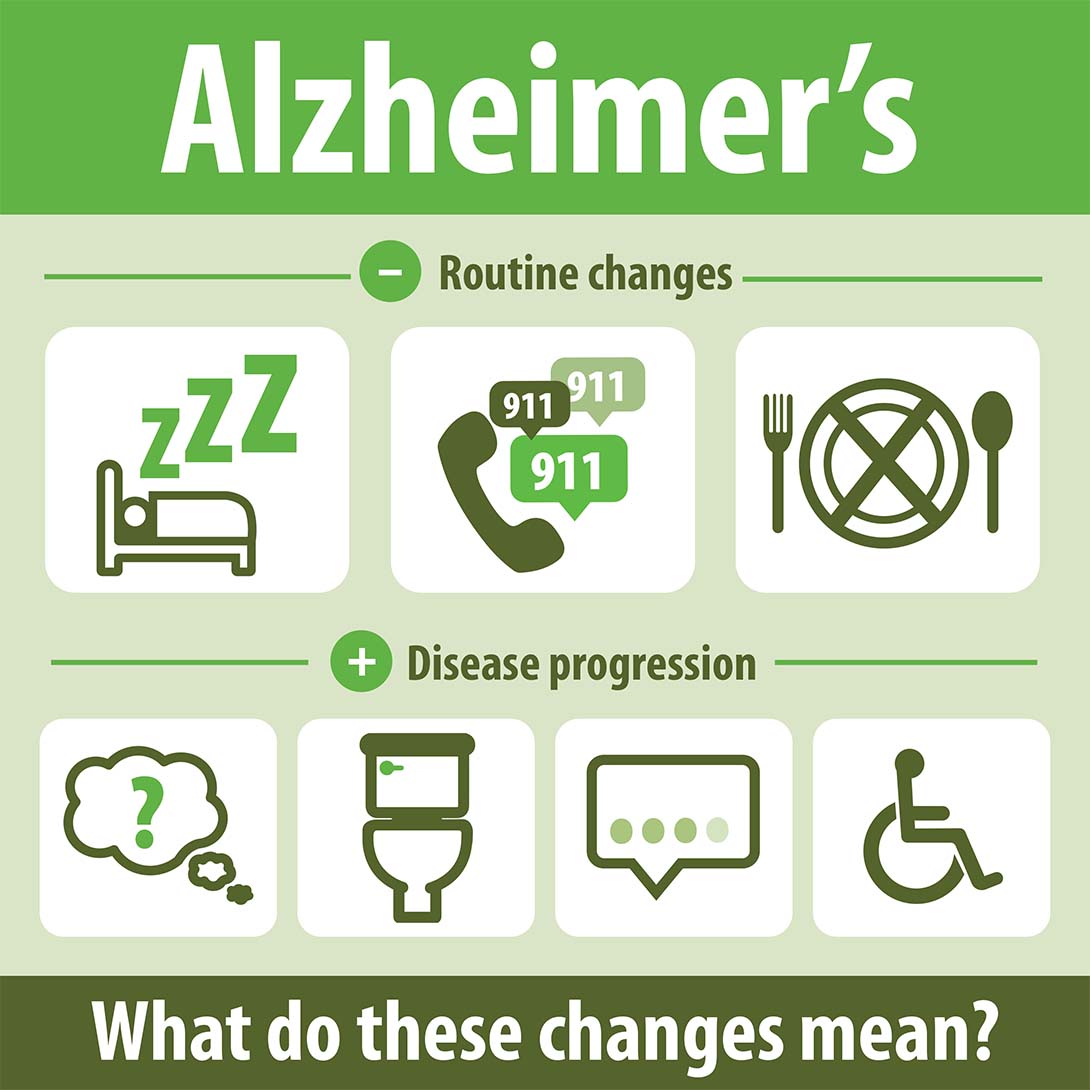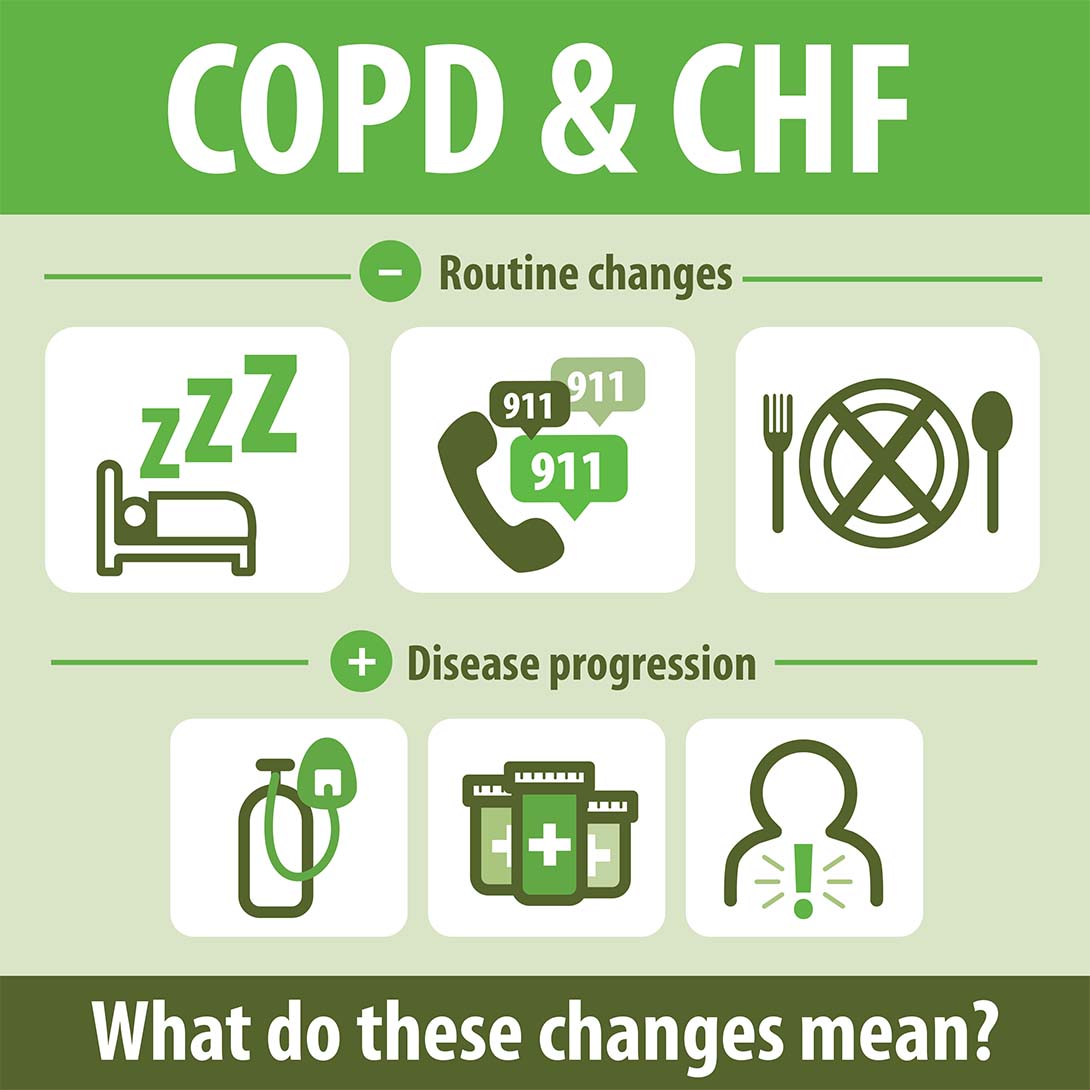How Trauma Informs End-Of-Life Care

When Hospice News reached out to Crossroads Hospice & Palliative Care last November requesting an interview with an expert on trauma-informed end-of-life care, Chief Medical Officer Dr. Timothy Ihrig recommended longtime Crossroads Cleveland Site Medical Director Dr. Walter George.
According to Dr. George, the Interdisciplinary Group (IDG) meeting is where a patient’s entire care team convenes every 15 days. Included on the care team are the physician, nurse case manager, aides, social workers, chaplains, the volunteer manager and bereavement specialists.
“They (the care team members) all know the patient from a different perspective,” said Dr. George. “At our IDGs, there are multiple discussions about the trauma experienced by a patient or a patient’s family member and how that trauma might impact our care” and the patient’s quality of life.
Dr. George sees a very high incidence of post-traumatic stress disorder (PTSD) among patients in end-of-life care who served in the military. Behaviors like calling out in the middle of the night and getting out of bed agitated – that may seem alarming – are actually quite common among aging Veterans of war.
A trauma-informed approach understands that Veterans often re-experience trauma later in life and that their behavior can be frightening to family members and caregivers alike.
Being put on hospice and facing one’s own mortality can be traumatic in itself, said Dr. George, especially for someone who’s never thought about themselves as someone’s whose life may be coming to an end.
“Medical conditions, surgeries, and therapies can be cumulatively traumatic too,”he explained. Specialists in end-of-life care leverage their trauma-informed knowledge with “an obligation to maximize patients’ quality of life.”

A Shift in Perspective
Rebecca Bryan, DNP is a nurse practitioner and expert in trauma-informed care based in Haddonfield, New Jersey. In a recent blog, she discussed a shift in perspective from etic to emic.
“I have been lecturing about, and helping organizations become, trauma-informed since 2013,” she wrote. “But only recently discovered the vocabulary of ‘etic vs emic’ as two ways to understand human behavior.”
“Trauma-informed practice calls for shifting from etic to emic, from ‘What’s wrong with you?’ to ‘What happened to you?’” Rebecca continued. “While trauma can occur at any age, it is particularly impactful in childhood, and much of the science generating evidence-based practice stems from the Adverse Childhood Experiences (ACEs) studies.”

Past Traumatic Experiences Impact Health Outcomes
Bryan continued, “Research from the Robert Wood Johnson Foundation found that 80 percent of health outcomes are the result of factors other than healthcare. Traumatic experiences and adverse community challenges play a big role in this.
“When we take the time to step in the patient’s shoes, we have a better chance at understanding what is driving health outcomes – and how to intervene. After all, the patients are the experts of their own lives!”
In “Trauma-Informed Hospice and Palliative Care,” a review by Barbara L. Ganzel, PhD, of The Gerontology Institute at Ithaca College, the need to integrate trauma-informed practices into hospice and palliative care was highlighted.
“The pervasiveness of psychological trauma exposure has been established in the general population and among the elderly adults,” the abstract states. “Moreover, there is emerging evidence for multiple additional opportunities for exposure to psychological trauma at or near the end of life.”
The review concluded that “trauma-informed care does not replace other approaches to hospice and palliative care – rather it provides a new lens through which to view all patients in all approaches to care. The argument here is that psychological trauma is commonplace and often unacknowledged in hospice and palliative care populations.”
Crossroads’ Dr. George would agree. He is passionate about helping patients find peace at end-of-life. Traumas are common and they can be an impediment to peace, he says.
“This is the most sacred journey anyone will ever take. Helping a patient find peace and comfort is the job of the entire team.”
Crossroads provides care and support to patients with a serious or terminal illness. Call 1-888-564-3405 to learn more about our services.
If you found this information helpful, please share it with your network and community.
Copyright © 2021 Crossroads Hospice & Palliative Care. All rights reserved.




